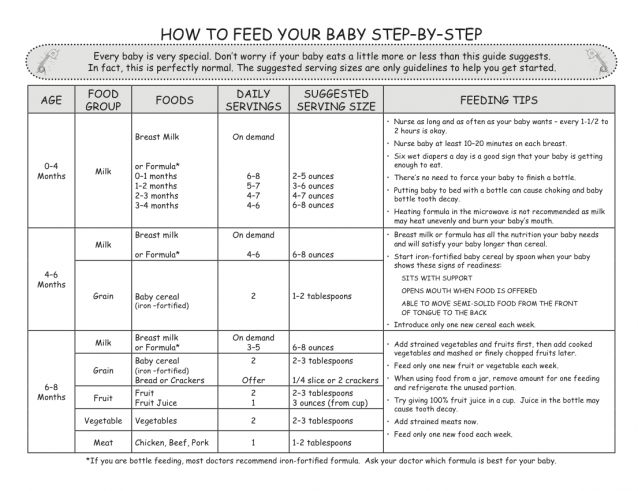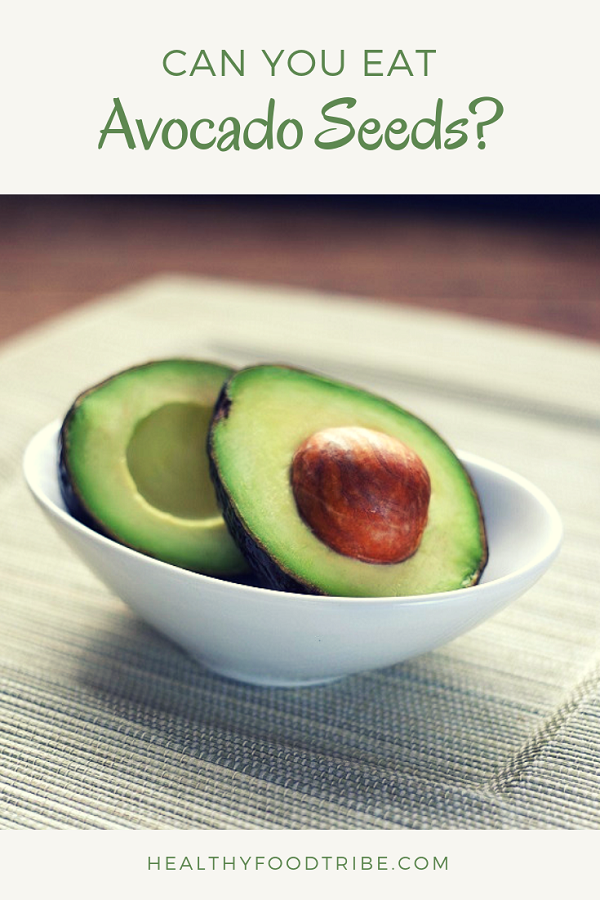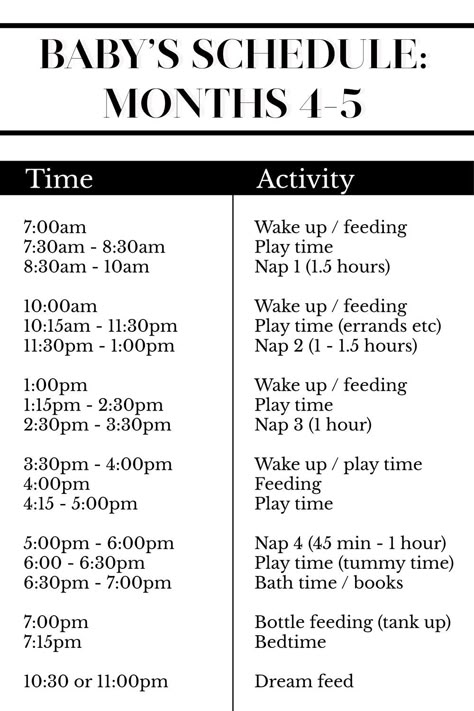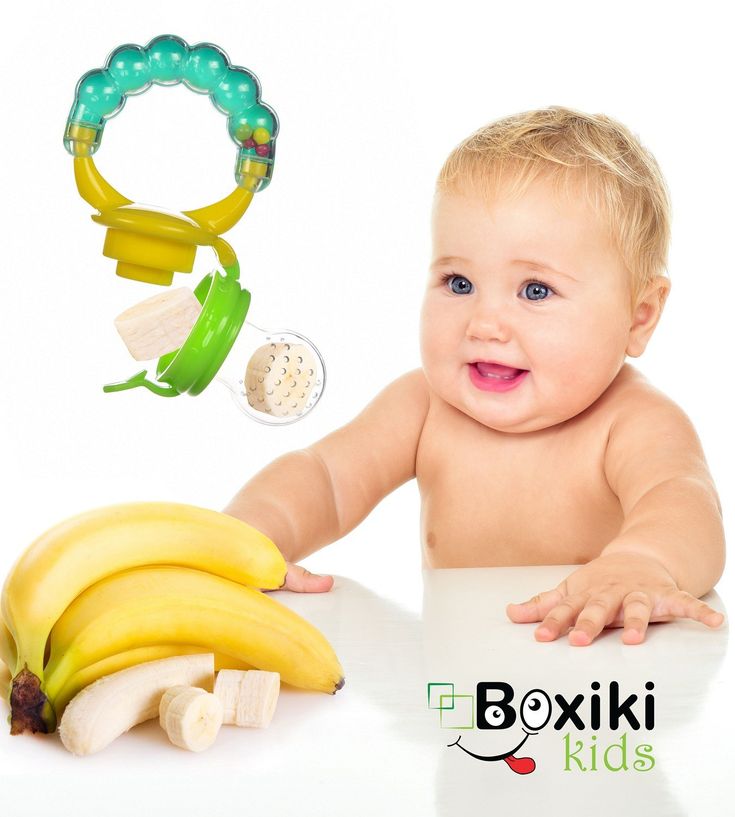How often to feed formula baby
Formula Feeding FAQs: How Much and How Often (for Parents)
Whether you plan to formula feed your baby from the start, want to supplement your breast milk with formula, or are switching from breast milk to formula, you probably have questions.
Here are answers to some common questions about formula feeding.
How Often Should I Feed My Baby?
Newborns and young babies should be fed whenever they seem hungry. This is called on-demand feeding.
After the first few days of life, most healthy formula-fed newborns feed about every 2–3 hours. As they get bigger and their tummies can hold more milk, they usually eat about every 3–4 hours. As babies get older, they’ll settle into a more predictable feeding routine and go longer stretches at night without needing a bottle.
Talk to your doctor if you have concerns about feeding your baby, especially if your baby is very small, is not gaining weight, or was born early (prematurely).
How Can I Tell When My Baby Is Hungry?
Signs that babies are hungry include:
- moving their heads from side to side
- opening their mouths
- sticking out their tongues
- placing their hands, fingers, and fists to their mouths
- puckering their lips as if to suck
- nuzzling again their mothers' breasts
- showing the rooting reflex (when a baby moves its mouth in the direction of something that's stroking or touching its cheek)
Babies should be fed before they get upset and cry. Crying is a late sign of hunger. But every time your baby cries is not because of hunger. Sometimes babies just need to be cuddled or changed. Or they could be sick, tired, too hot or too cold, in pain, or have colic.
How Much Should My Baby Drink?
In the first few weeks, give 2- to 3-ounce (60- to 90-milliliter) bottles to your newborn. Give more or less depending on your baby’s hunger cues.
Here's a general look at how much your baby may be eating at different ages:
- On average, a newborn drinks about 1.5–3 ounces (45–90 milliliters) every 2–3 hours. This amount increases as your baby grows and can take more at each feeding.
- At about 2 months, your baby may drink about 4–5 ounces (120–150 milliliters) every 3–4 hours.
- At 4 months, your baby may drink about 4–6 ounces (120-180 milliliters) at each feeding, depending on how often they eat.
- By 6 months, your baby may drink 6–8 ounces (180–230 milliliters) about 4–5 times a day.
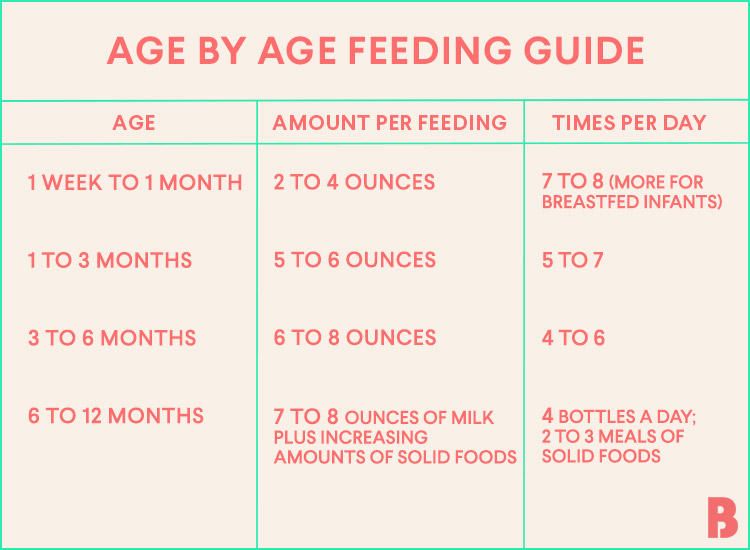
Watch for signs that your baby is hungry or full. Respond to these cues and let your baby stop when full. A baby who is full may suck with less enthusiasm, stop, or turn away from the bottle.
Why Does My Baby Seem Hungrier Than Usual?
As babies grow, they begin to eat more at each feeding and can go longer between feedings. Still, there may be times when your little one seems hungrier than usual.
Your baby may be going through a period of rapid growth (called a growth spurt). These can happen at any time, but in the early months are common at around:
- 7–14 days old
- between 3–6 weeks
- 4 months
- 6 months
During these times and whenever your baby seems especially hungry, follow their hunger cues and continue to feed on demand, increasing the amount of formula you give as needed.
Is My Baby Eating Enough?
At times, you may wonder whether your baby is getting enough nutrients for healthy growth and development.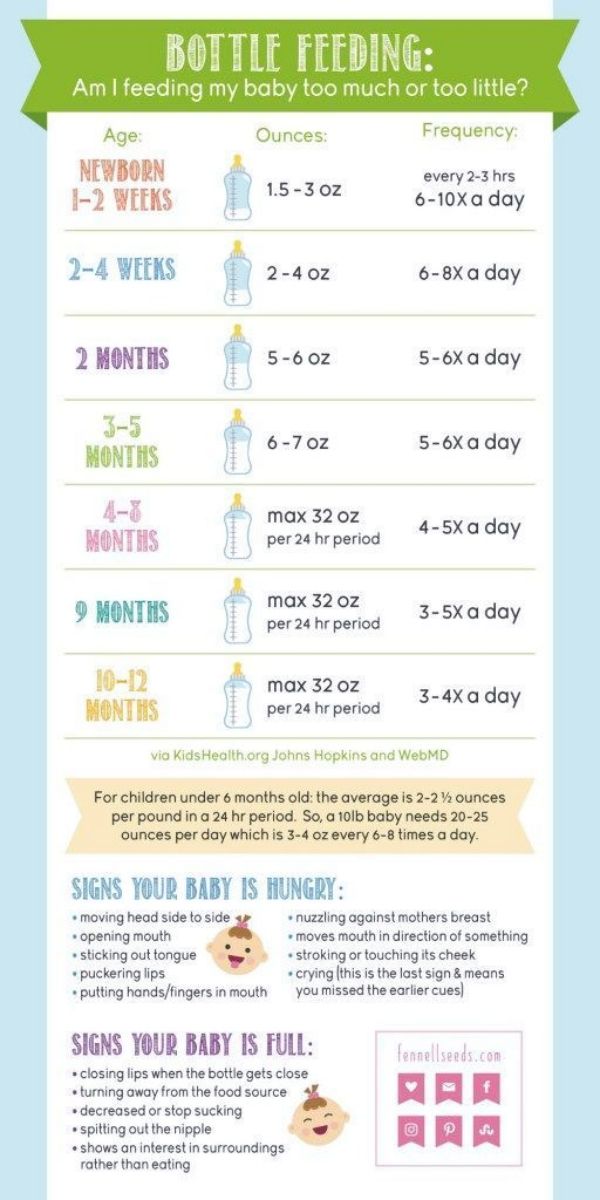 Babies who get enough to eat seem satisfied after eating and are regularly peeing and pooping.
Babies who get enough to eat seem satisfied after eating and are regularly peeing and pooping.
At your baby’s checkups, the doctor will review your baby’s growth chart, track your little one’s development, and answer any questions. Talk to your doctor if you have any concerns about your baby’s feeding and nutrition.
Reviewed by: Mary L. Gavin, MD
Date reviewed: November 2021
Breastfeeding vs. Formula Feeding (for Parents)
Choosing whether to breastfeed or formula feed their baby is one of the biggest decisions expectant and new parents will make.
Healt experts believe breast milk is the best nutritional choice for infants. But breastfeeding may not be possible for all women. For many, the decision to breastfeed or formula feed is based on their comfort level, lifestyle, and specific medical situations.
For moms who can't breastfeed or who decide not to, infant formula is a healthy alternative. Formula provides babies with the nutrients they need to grow and thrive.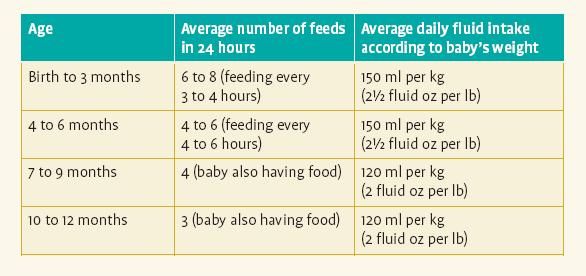
Some mothers worry that if they don't breastfeed, they won't bond with their baby. But the truth is, loving mothers will always create a special bond with their children. And feeding — no matter how — is a great time to strengthen that bond.
The decision to breastfeed or formula feed your baby is a personal one. Weighing the pros and cons of each method can help you decide what is best for you and your baby.
All About Breastfeeding
Nursing can be a wonderful experience for both mother and baby. It provides ideal nourishment and a special bonding experience that many mothers cherish.
A number of health organizations — including the American Academy of Pediatrics (AAP), the American Medical Association (AMA), and the World Health Organization (WHO) — recommend breastfeeding as the best choice for babies. Breastfeeding helps defend against infections, prevent allergies, and protect against a number of chronic conditions.
The AAP recommends that babies be breastfed exclusively for the first 6 months.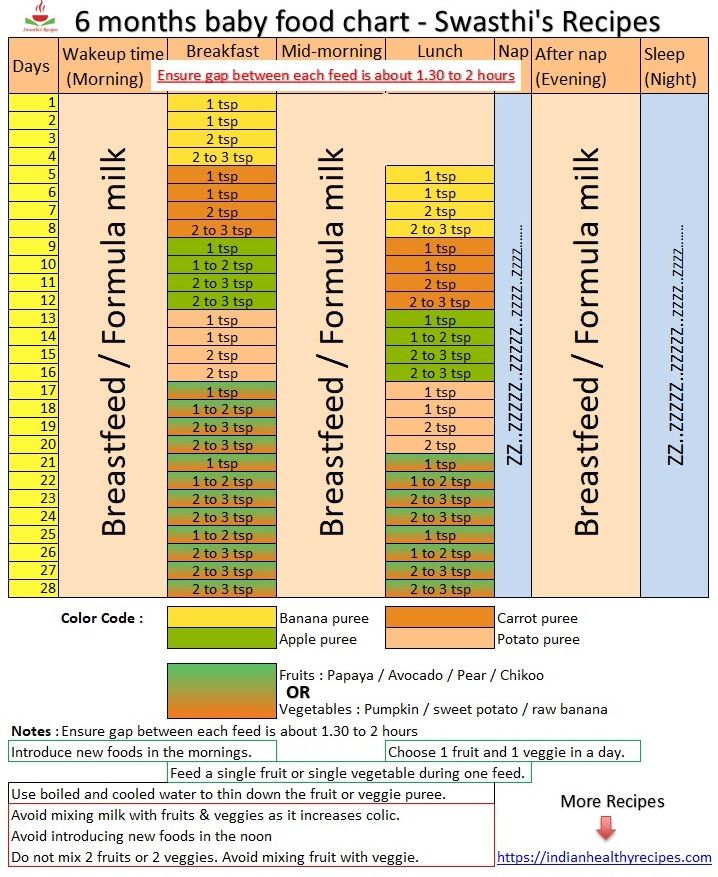 Beyond that, breastfeeding is encouraged until at least 12 months, and longer if both the mother and baby are willing.
Beyond that, breastfeeding is encouraged until at least 12 months, and longer if both the mother and baby are willing.
Here are some of the many benefits of breastfeeding:
Fighting infections and other conditions. Breastfed babies have fewer infections and hospitalizations than formula-fed infants. During breastfeeding, antibodies and other germ-fighting factors pass from a mother to her baby and strengthen the immune system. This helps lower a baby's chances of getting many infections, including:
- ear infections
- diarrhea
- respiratory infections
- meningitis
Breastfeeding also may protect babies against:
- allergies
- asthma
- diabetes
- obesity
- sudden infant death syndrome (SIDS)
Breastfeeding is particularly beneficial for premature babies.
Nutrition and ease of digestion. Often called the "perfect food" for a human baby's digestive system, breast milk's components — lactose, protein (whey and casein), and fat — are easily digested by a newborn.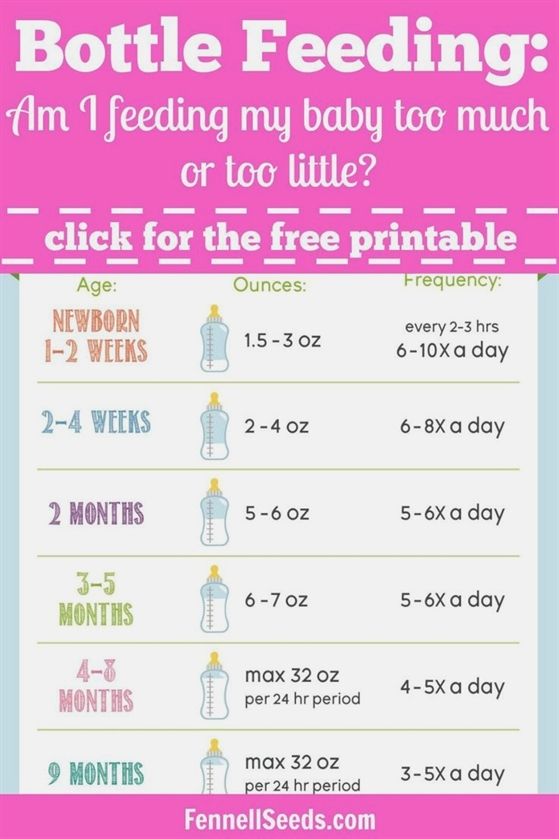
As a group, breastfed infants have less difficulty with digestion than do formula-fed infants. Breast milk tends to be more easily digested so that breastfed babies have fewer bouts of diarrhea or constipation.
Breast milk also naturally contains many of the vitamins and minerals that a newborn requires. One exception is vitamin D — the AAP recommends that all breastfed babies begin receiving vitamin D supplements during the first 2 months and continuing until a baby consumes enough vitamin D-fortified formula or milk (after 1 year of age).
The U.S. Food and Drug Administration (FDA) regulates formula companies to ensure they provide all the necessary nutrients (including vitamin D) in their formulas. Still, commercial formulas can't completely match breast milk's exact composition. Why? Because milk is a living substance made by each mother for her individual infant, a process that can't be duplicated in a factory.
Free. Breast milk doesn't cost a cent, while the cost of formula quickly adds up. And unless you're pumping breast milk and giving it to your baby, there's no need for bottles, nipples, and other supplies that can be costly. Since breastfed babies are less likely to be sick, that may mean they make fewer trips to the doctor's office, so fewer co-pays and less money are paid for prescriptions and over-the-counter medicines.
And unless you're pumping breast milk and giving it to your baby, there's no need for bottles, nipples, and other supplies that can be costly. Since breastfed babies are less likely to be sick, that may mean they make fewer trips to the doctor's office, so fewer co-pays and less money are paid for prescriptions and over-the-counter medicines.
Different tastes. Nursing mothers usually need 300 to 500 extra calories per day, which should come from a wide variety of well-balanced foods. This introduces breastfed babies to different tastes through their mothers' breast milk, which has different flavors depending on what their mothers have eaten. By tasting the foods of their "culture," breastfed infants more easily accept solid foods.
Convenience. With no last-minute runs to the store for more formula, breast milk is always fresh and available whether you're home or out and about. And when women breastfeed, there's no need to wash bottles and nipples or warm up bottles in the middle of the night.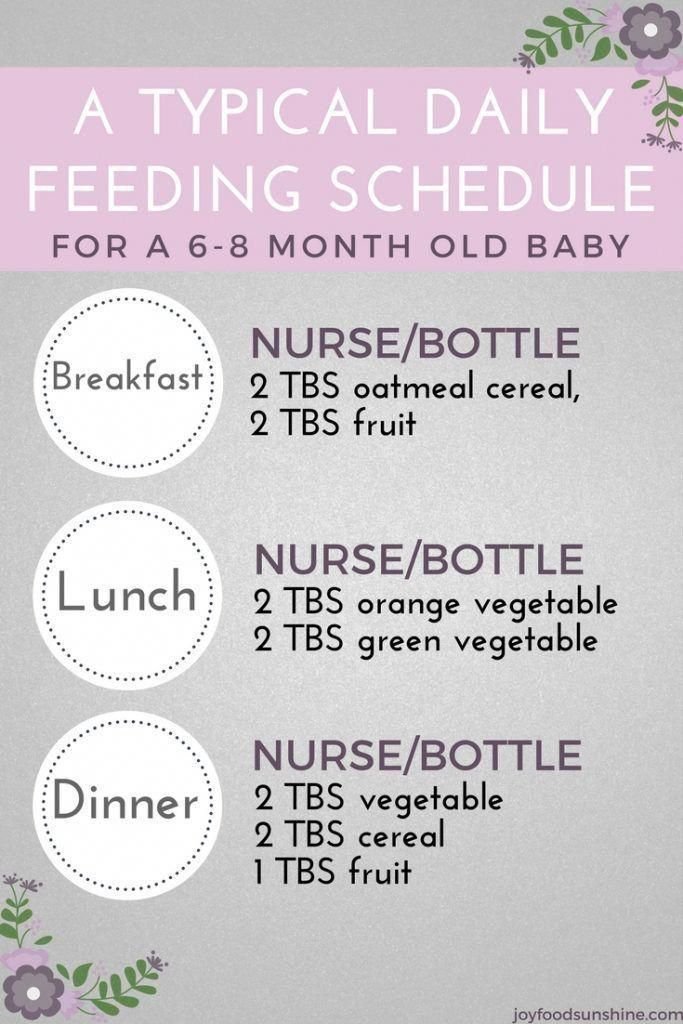
Smarter babies. Some studies suggest that children who were exclusively breastfed have slightly higher IQs than children who were formula fed.
"Skin-to-skin" contact. Many nursing mothers really enjoy the experience of bonding so closely with their babies. And the skin-to-skin contact can enhance the emotional connection between mother and infant.
Beneficial for mom, too. The ability to totally nourish a baby can help a new mother feel confident in her ability to care for her baby. Breastfeeding also burns calories and helps shrink the uterus, so nursing moms may be able to return to their pre-pregnancy shape and weight quicker. Also, studies show that breastfeeding helps lower the risk of breast cancer, high blood pressure, diabetes, and cardiovascular disease, and also may help decrease the risk of uterine and ovarian cancer.
p
Breastfeeding Challenges
Breastfeeding can be easy from the get-go for some mothers, but take a while to get used to for others. Moms and babies need plenty of patience to get used to the routine of breastfeeding.
Moms and babies need plenty of patience to get used to the routine of breastfeeding.
Common concerns of new moms, especially during the first few weeks and months, may include:
Personal comfort. Initially, many moms feel uncomfortable with breastfeeding. But with proper education, support, and practice, most moms overcome this.
Latch-on pain is normal for the first week to 10 days, and should last less than a minute with each feeding. But if breastfeeding hurts throughout feedings, or if their nipples and/or breasts are sore, it's a good idea for breastfeeding mothers to get help from a lactation consultant or their doctor. Many times, it's just a matter of using the proper technique, but sometimes pain can mean that something else is going on, like an infection.
Time and frequency of feedings. Breastfeeding requires a big time commitment from mothers, especially in the beginning, when babies feed often. A breastfeeding schedule or the need to pump breast milk during the day can make it harder for some moms to work, run errands, or travel.
And breastfed babies do need to eat more often than babies who take formula, because breast milk digests faster than formula. This means mom may find herself in demand every 2 or 3 hours (maybe more, maybe less) in the first few weeks.
Diet. Women who are breastfeeding need to be aware of what they eat and drink, since these can be passed to the baby through the breast milk. Just like during pregnancy, breastfeeding women should not eat fish that are high in mercury and should limit consumption of lower mercury fish.
If a mom drinks alcohol, a small amount can pass to the baby through breast milk. She should wait at least 2 hours after a single alcoholic drink to breastfeed to avoid passing any alcohol to the baby. Caffeine intake should be kept to no more than 300 milligrams (about one to three cups of regular coffee) or less per day because it can cause problems like restlessness and irritability in some babies.
Maternal medical conditions, medicines, and breast surgery. Medical conditions such as HIV or AIDS or those that involve chemotherapy or treatment with certain medicines can make breastfeeding unsafe. A woman should check with her doctor or a lactation consultant if she's unsure if she should breastfeed with a specific condition. Women should always check with the doctor about the safety of taking medicines while breastfeeding, including over-the-counter and herbal medicines.
Medical conditions such as HIV or AIDS or those that involve chemotherapy or treatment with certain medicines can make breastfeeding unsafe. A woman should check with her doctor or a lactation consultant if she's unsure if she should breastfeed with a specific condition. Women should always check with the doctor about the safety of taking medicines while breastfeeding, including over-the-counter and herbal medicines.
Mothers who've had breast surgery, such as a reduction, may have difficulty with their milk supply if their milk ducts have been severed. In this situation, a woman should to talk to her doctor about her concerns and work with a lactation specialist.
p
All About Formula Feeding
Commercially prepared infant formulas are a nutritious alternative to breast milk, and even contain some vitamins and nutrients that breastfed babies need to get from supplements.
Manufactured under sterile conditions, commercial formulas attempt to duplicate mother's milk using a complex combination of proteins, sugars, fats, and vitamins that aren't possible to create at home. So if you don't breastfeed your baby, it's important to use only commercially prepared formula and not try to make your own.
So if you don't breastfeed your baby, it's important to use only commercially prepared formula and not try to make your own.
Besides medical concerns that may prevent breastfeeding, for some women, breastfeeding may be too difficult or stressful. Here are other reasons women may choose to formula feed:
Convenience. Either parent (or another caregiver) can feed the baby a bottle at any time (although this is also true for women who pump their breast milk). This allows mom to share the feeding duties and helps her partner to feel more involved in the crucial feeding process and the bonding that often comes with it.
Flexibility. Once the bottles are made, a formula-feeding mother can leave her baby with a partner or caregiver and know that her little one's feedings are taken care of. There's no need to pump or to schedule work or other obligations and activities around the baby's feeding schedule. And formula-feeding moms don't need to find a private place to nurse in public.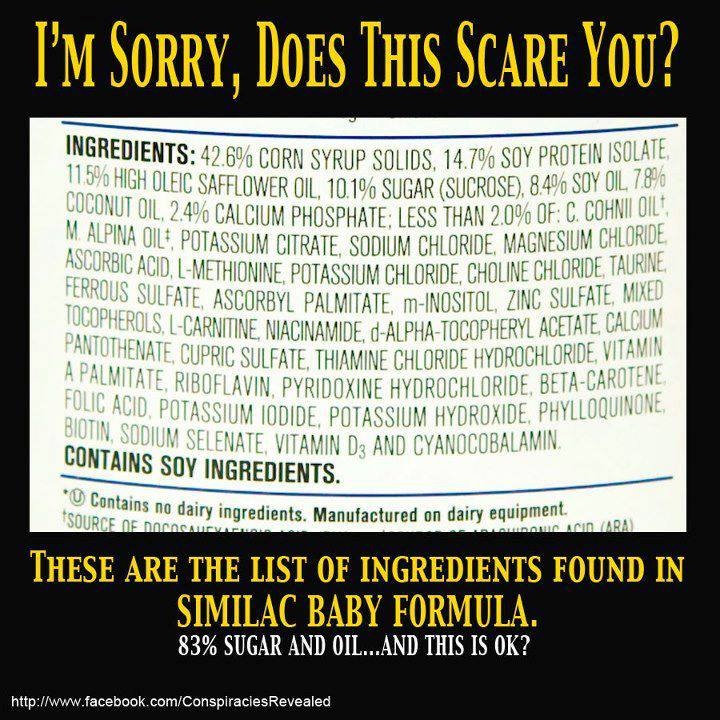
Time and frequency of feedings. Because formula is less digestible than breast milk, formula-fed babies usually need to eat less often than breastfed babies.
Diet. Women who opt to formula feed don't have to worry about the things they eat or drink that could affect their babies.
page 7
Formula Feeding Challenges
As with breastfeeding, there are some challenges to consider when deciding whether to formula feed.
Lack of antibodies. None of the antibodies found in breast milk are in manufactured formula. So formula can't provide a baby with the added protection against infection and illness that breast milk does.
Can't match the complexity of breast milk. Manufactured formulas have yet to duplicate the complexity of breast milk, which changes as the baby's needs change.
Planning and organization. Unlike breast milk — which is always available, unlimited, and served at the right temperature — formula feeding your baby requires planning and organization to make sure that you have what you need when you need it. Parents must buy formula and make sure it's always on hand to avoid late-night runs to the store.
Parents must buy formula and make sure it's always on hand to avoid late-night runs to the store.
And it's important to always have the necessary supplies (like bottles and nipples) clean, easily accessible, and ready to go — otherwise, you will have a very hungry, very fussy baby to answer to. With 8-10 feedings in a 24-hour period, parents can quickly get overwhelmed if they're not prepared and organized.
Expense. Formula can be costly. Powdered formula is the least expensive, followed by concentrated, with ready-to-feed being the most expensive. And specialty formulas (such as soy and hypoallergenic) cost more — sometimes far more — than the basic formulas. During the first year of life, the cost of basic formula can run about $1,500.
Possibility of producing gas and constipation. Formula-fed babies may have more gas and firmer bowel movements than breastfed babies.
Making a Choice
Deciding how you will feed your baby can be a hard decision.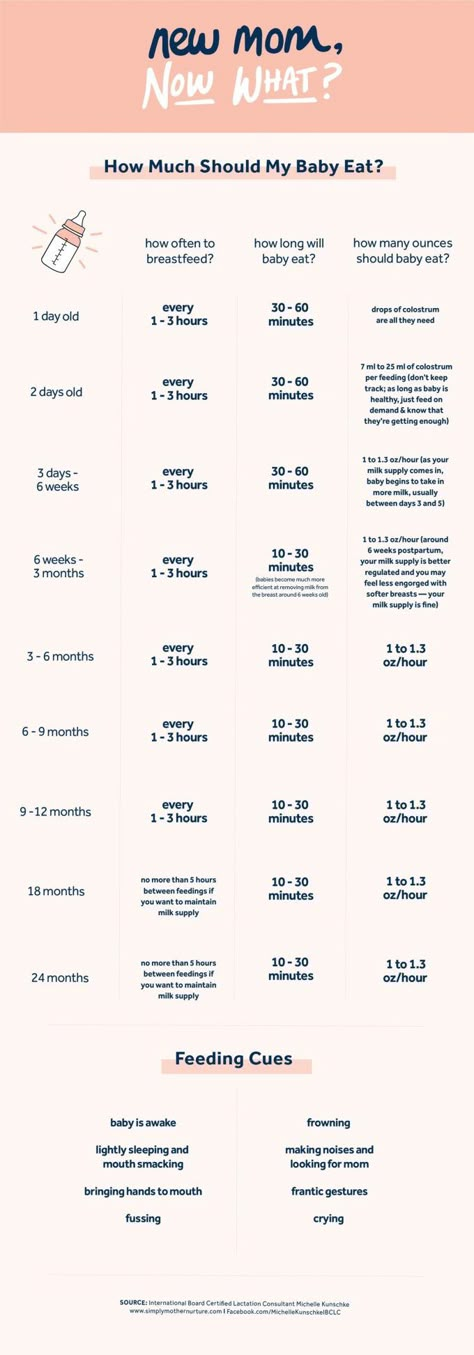 You'll really only know the right choice for your family when your baby comes.
You'll really only know the right choice for your family when your baby comes.
Many women decide on one method before the birth and then change their minds after their baby is born. And many women decide to breastfeed and supplement with formula because they find that is the best choice for their family and their lifestyle.
While you're weighing the pros and cons, talk to your doctor or lactation consultant. These health care providers can give you more information about your options and help you make the best decision for your family.
Feeding on demand or by the hour? What to do if the baby is bottle-fed
It would seem that strictly hourly feeding is a thing of the past, and we hear from everywhere that a newborn needs to be fed on demand. But this applies to breastfeeding, and in the case of artificial, everything is not so simple. How to feed an artificial baby and what is important to remember when choosing a mixture - in the material "Daily Baby".
Feeding: on demand or by the hour?
In Soviet times, it was recommended to feed a newborn on any type of feeding strictly by the hour.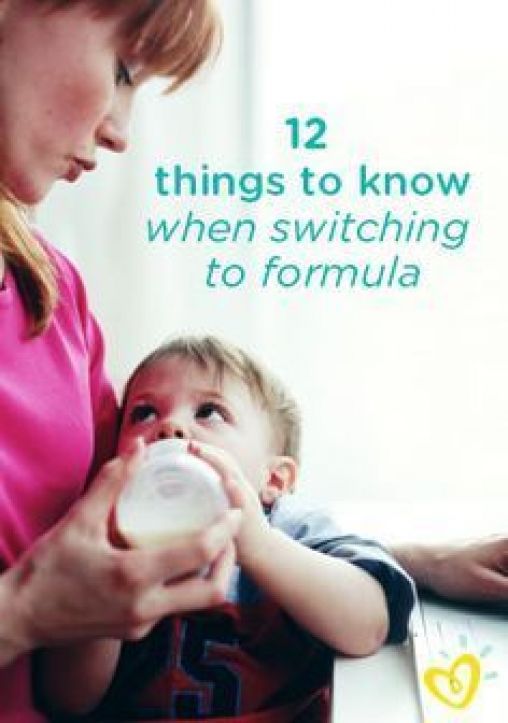 There was no question of any wards of joint stay with the baby.
There was no question of any wards of joint stay with the baby.
Times have changed, and today doctors are unanimous on this issue: it is more expedient to feed a baby "on the breast" on demand and apply it at his slightest request. But what are the norms for feeding an artificial child? Is it right to give the baby a mixture “on demand” or in this case, do you still need a diet?
Doctors recommend following a certain regimen when feeding a child with artificial formula. Feeding a newborn "on demand" on an artificial form of feeding is almost impossible, because, firstly, it is not always convenient to quickly and at the first request of the child to prepare the mixture.
And secondly, when feeding on demand, it is difficult to track the amount of food received by the baby. And if it’s impossible to overfeed with a breast, then with a mixture it’s completely. Modern artificial mixtures, although they contain a lot of nutrients, but, whatever one may say, breast milk is easier and easier to digest.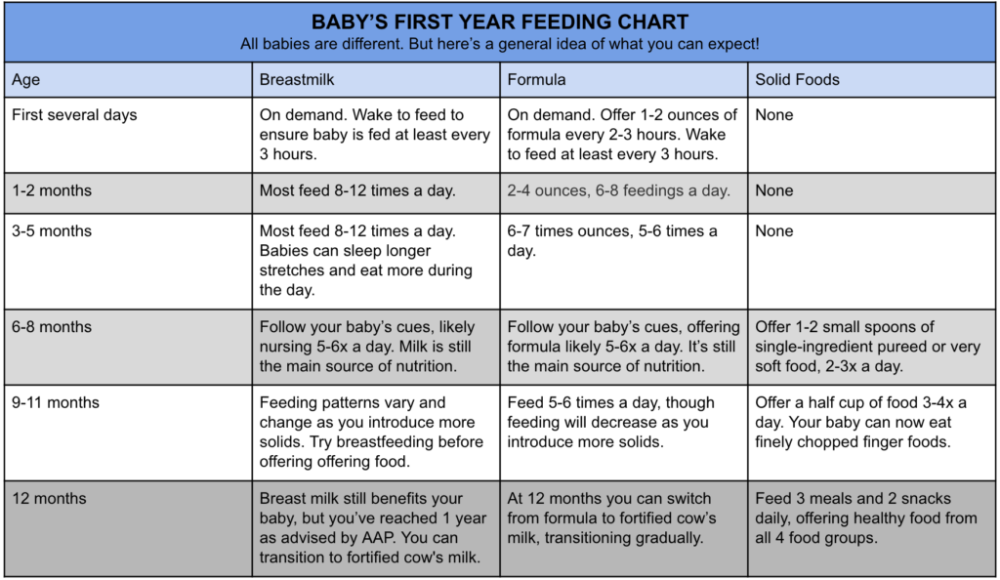 Therefore, when feeding with a mixture, the regimen is so important. Doctors insist: you need to feed the newborn with a mixture not at the request of the baby, but strictly on time.
Therefore, when feeding with a mixture, the regimen is so important. Doctors insist: you need to feed the newborn with a mixture not at the request of the baby, but strictly on time.
Hourly formula feeding is also important because this type of feeding is an acute issue of hygiene. Bottles and nipples must be perfectly clean, and the mixture must be freshly prepared.
You also need to remember that the stool of a bottle-fed baby should be daily. Due to the fact that the formula is absorbed and digested longer, the frequency of meals should be lower than when breastfeeding. Otherwise, there is a risk of overfeeding the child, and there are not far from problems with the gastrointestinal tract and obesity. There is also the possibility of underfeeding, which is why nutritional order is so important.
Artificial feeding: how to properly feed
There is no single and clear schedule for feeding an artificial newborn. It is necessary to focus on a specific baby and adjust the nutrition plan for him.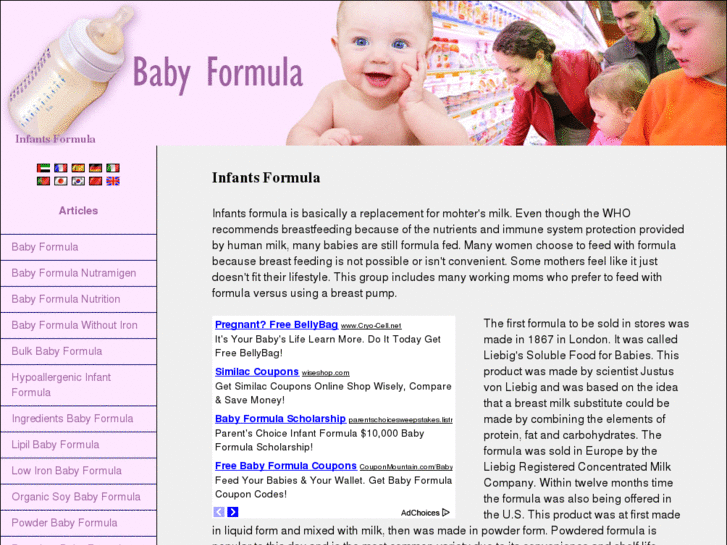 The optimal intervals between feedings and the volume of the mixture eaten must be selected individually. Parents should be patient and gradually accustom the child to the regime that suits him.
The optimal intervals between feedings and the volume of the mixture eaten must be selected individually. Parents should be patient and gradually accustom the child to the regime that suits him.
It is recommended to take notes while observing the behavior and well-being of the child. So you can adjust the daily routine, making it the most comfortable for the baby. At the same time, small deviations from the regime, in half an hour or an hour, are quite acceptable.
Artificial babies of the first month of life are fed about six to seven times a day, the interval between feedings is about three and a half hours. At night, it is desirable to withstand six hours without feeding. Haphazard or more frequent meals can cause indigestion, as well as the appearance of increased gas production in the baby, colic and frequent spitting up.
With age, the hours of feeding a newborn formula change: the intervals between meals increase. A six-month-old child is given a mixture about five times a day.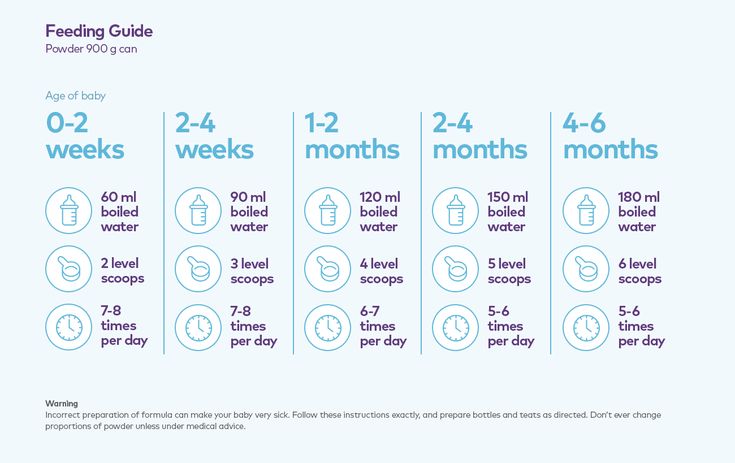 From the age of 7 months, the baby is fed with a mixture approximately every 5 hours, taking into account the fact that at this age the baby is actively eating complementary foods.
From the age of 7 months, the baby is fed with a mixture approximately every 5 hours, taking into account the fact that at this age the baby is actively eating complementary foods.
“Children of the first year of life, especially the first half of the year, grow and develop very actively, and this requires a regular supply of nutrients. Formula-fed infants are usually fed once every 2-3 hours.
It is very important to calculate the child's daily energy requirement. For full-term healthy babies up to 6 months, this is 115 kcal per kilogram of weight. But children are also very large. There is an upper limit of the daily volume of the mixture: for three months it is 850 ml, for 5 months and above - no more than 1000 milliliters of the mixture per day.
Unlike breastfeeding, the daily volume of the formula must be controlled, because obesity and overfeeding during artificial feeding are more dangerous.
Children with a good appetite, who are already low on the maximum daily volume, after 4 months can be introduced complementary foods, but do not increase the mixture.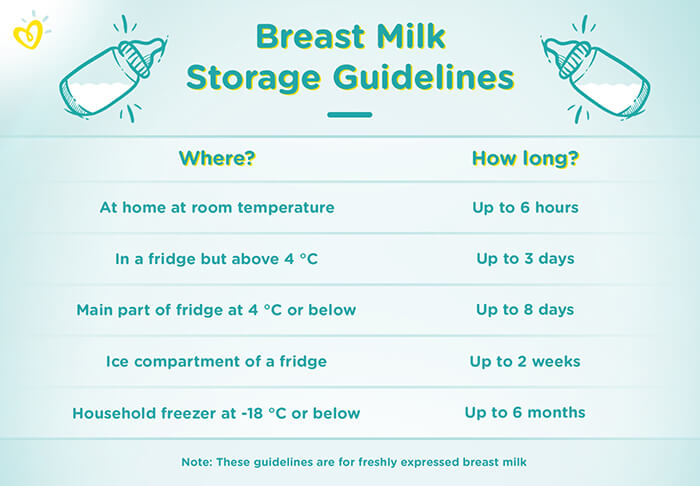
Bottle-fed water may be offered to children, but this is not required, at the request of the child. Again, the daily volume of water is important - no more than the volume of one feeding.
I would also add that formula-fed on-demand feeding is not recommended, since formulas, even the highest quality ones, do not have such good digestibility as human milk. And the risk of overfeeding is high,” says pediatrician Anna Ganina .
Pay attention to the stool of a bottle-fed newborn. The appearance of mucus in it, a strong liquefaction of the stool, or, conversely, constipation may warn that the mixture is not suitable for the baby.
However, it is important to remember that you should not change baby food too often and unreasonably. It is better if the child eats one, suitable for him, high-quality and healthy mixture.
If you follow all the rules of feeding, the growth and development of the baby on artificial feeding will proceed in accordance with the norms.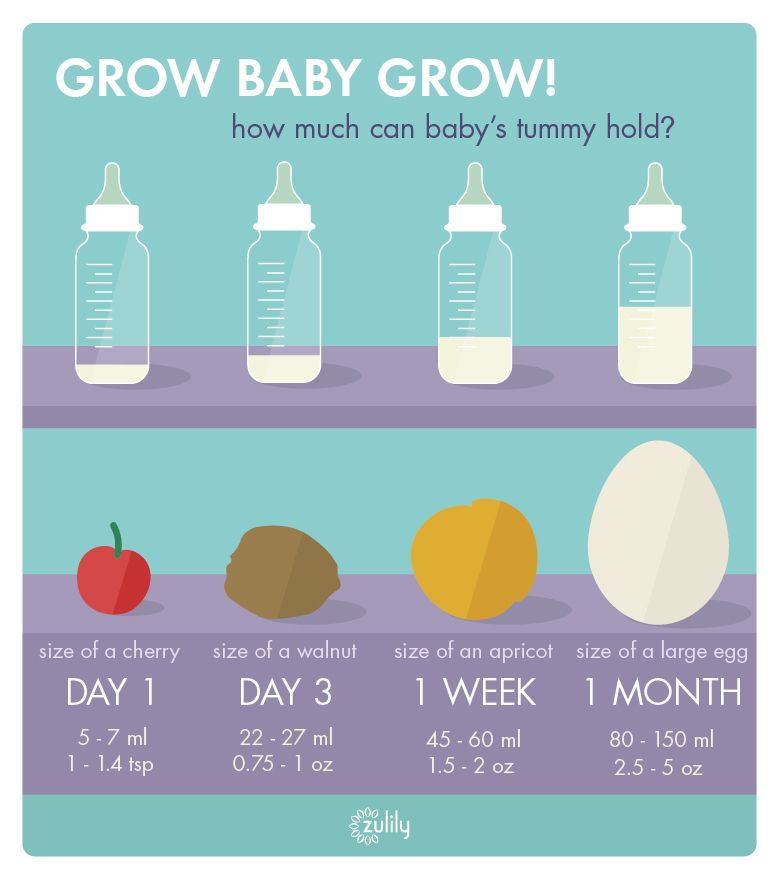
Kabrita Gentle Nutrition based on goat milk
Kabrita infant formula based on goat milk has an adapted protein composition. Goat's milk is closer in composition to breast than cow's, it is digested faster and easier than cow's milk, so feeding a newborn with goat's milk formula is preferable. Such food is faster digested, better absorbed and reduces discomfort when switching from breastfeeding to artificial or mixed.
Kabrita baby food is a state-of-the-art formula based on natural Dutch goat's milk.
Kabrita formulas contain the unique Digest X fat complex that mimics the fat profile of breast milk. The mixtures are enriched with goat milk whey, which is rich in polyunsaturated fatty acids. Goat milk whey is highly digestible and digestible. All this helps to avoid constipation, increases energy metabolism and promotes better absorption of calcium in the child's body. Goat milk is ideal for natural easy digestion.
— share with your friends!
Experts: Anna Ganina
Read more
- It's not that simple, or Why formula feeding should be done wisely
- Newborn care and first week at home.
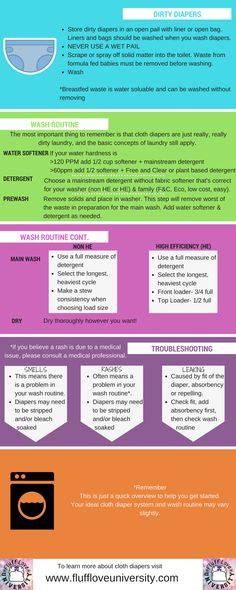 Top 10 Questions from Moms
Top 10 Questions from Moms - Porridge for the first feeding: what is the best to start with and how to make it tasty without sugar
Formula-fed regimen - Articles about baby food from pediatricians and MAMAKO experts
— Polina Alexandrovna, non-breastfeeding mothers are worried that infant formula will not provide their child with all the necessary nutrients so that he can fully grow and develop. How significant is the difference between breast milk and its substitute?
— Mom's milk is a living substance that, in addition to nutrients, microelements and other useful components, contains biologically active substances responsible for immunity and components that cannot be synthesized. An adapted milk formula is as close to the composition of human milk as possible, but it is not a 100% substitute. Therefore, breastfeeding is preferable. However, if it is not possible to breastfeed, this is not a disaster. The most valuable nutrients a child can get from infant formula.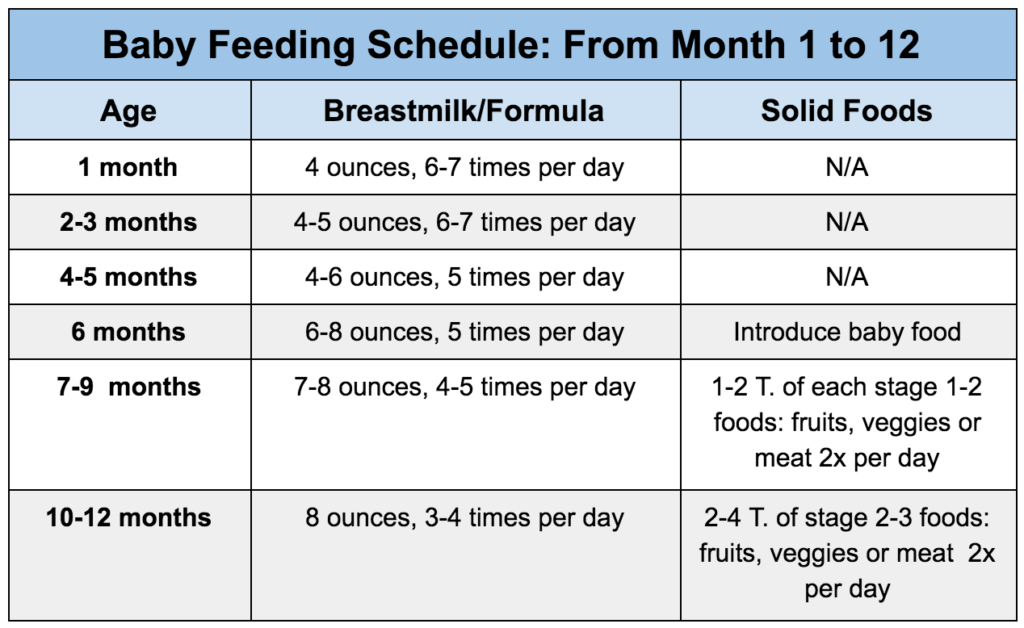
— What could be the reasons for transferring a child to artificial feeding?
— The most common reason why pediatricians recommend artificial feeding is because of the health of the child. In addition, artificial feeding can help a mother who is unable to feed her child on her own, for example, in cases where:
- lactation is difficult;
- there are contraindications for women's health;
- child and mother are not together;
- the nursing mother has obvious psychological discomfort.
— What products can be used for artificial feeding?
- Adapted infant formula or special therapeutic formulas, which may be dairy or, more rarely, dairy-free. You do not need to feed the baby with other products: whole cow's or whole goat's milk is not adapted for a small child. When the time comes for complementary foods, formula-fed babies, as well as breastfed babies, will gradually begin to try solid food in the same mode.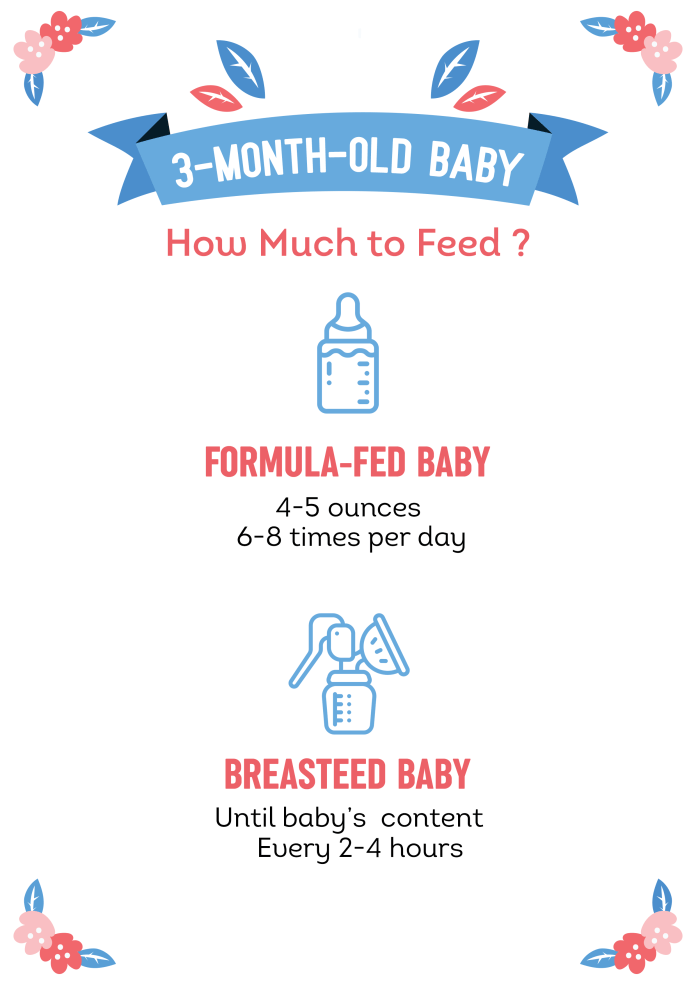
— How common are colic, bloating, bottle-feeding disorders?
— When compared to breastfeeding, there is no particular prerequisite for colic, bloating or other disorders to occur more often from bottle feeding. In "artificial" stools become a little denser, which does not mean constipation. Changes in its consistency are caused by a certain composition of the milk substitute. This is completely normal. And colic, bloating and other problems may arise due to intolerance to some components of the mixture. A specialized therapeutic mixture will help to solve a specific problem and save the baby from these unpleasant sensations.
— Is it necessary to follow the feeding schedule for artificial feeding of the baby or is it better to feed the baby when he wants to?
- Formula-fed baby must be given a bottle on schedule, free feeding is not allowed. Surely many have heard that a newborn and a young child needs to be fed on demand, but on artificial feeding, the intervals between feedings should be at least 3 hours, even for a very small child.
— Do I need to consult a specialist and take tests before formulating a formula diet?
— Before switching to an artificial formula, most often a mother consults with a pediatrician. The feeding mode (not the amount of food) is standard and does not depend on any features. Breaks equal to three hours should be stably maintained by the baby at one month and at six months. Skipping night feedings is possible, and breaks longer than three hours are acceptable, but still not less.
— What should be taken into account before drawing up a regimen?
— The most important thing is that the feeding regimen and the child's sleep and wakefulness regimens overlap with each other. When a mother builds a day regimen for artificial feeding, it is worth paying attention to what time she plans to put the baby to bed and wake her up so that feeding does not have to be in the middle of daytime sleep. Both mother and baby should be as comfortable as possible - so that they do not have to wake the baby for a meal or so that he does not wake up early from hunger.
— What are the key and general rules for establishing a feeding schedule for a formula-fed baby?
- Feeding regimen during artificial feeding should overlap with the sleep regimen. It is important to separate the nutrition and sleep of the baby. With artificial nutrition, this is easier to do than with natural. However, formula-fed infants often form a negative association with sleep when a bottle of nutrition is needed to fall asleep or eat immediately after waking up. Therefore, between feeding and sleep should be a small period of time - 10-15 minutes before and after sleep. With a newborn, it is usually not possible to reach this gap, because the wakefulness of the child is too short and only accommodates feeding. This is normal, but you need to strive to ensure that breaks appear and increase. Then by the end of the first month, most likely, everything will work out.
— How to distribute meals throughout the day? Can parents calculate the number of feedings and portion sizes themselves?
— Composing the feeding regimen and calculating the amount of food, you need to focus on the age and weight of the child.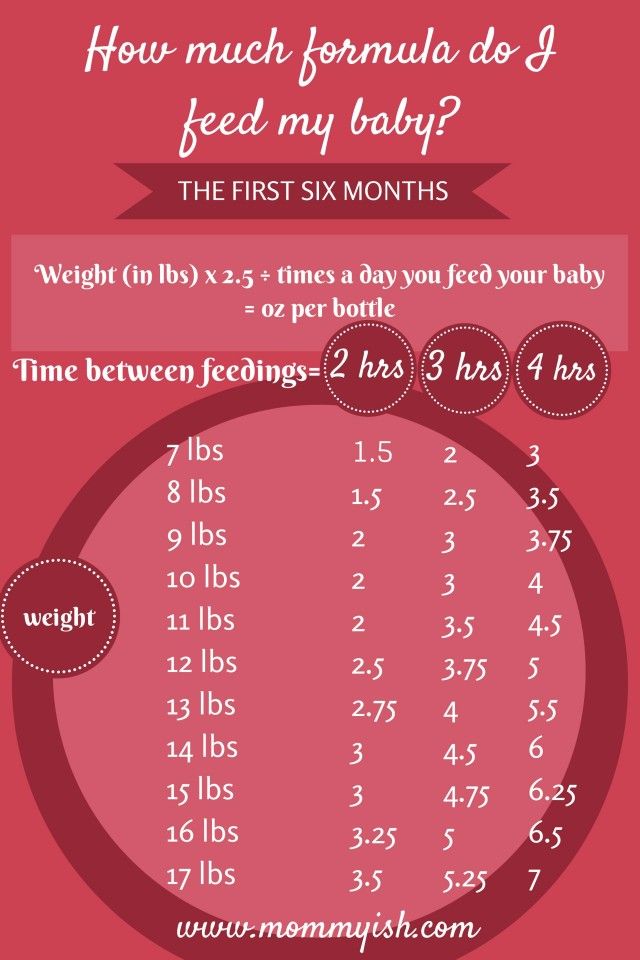 Based on these indicators, the pediatrician determines the daily volume of the baby's food. Taking into account children's age, the daily amount of food is distributed over a certain number of feedings - the younger the baby, the more often he eats and the smaller his portion.
Based on these indicators, the pediatrician determines the daily volume of the baby's food. Taking into account children's age, the daily amount of food is distributed over a certain number of feedings - the younger the baby, the more often he eats and the smaller his portion.
Over time, the intervals between meals increase due to the skipping of night feedings. The portion that the child missed is distributed between daily feedings. Consequently, the portion increases, and the frequency of feeding decreases.
How often to give the baby a mixture per day, including how many times to feed the baby at night on the IV, is calculated by the doctor for each specific baby, taking into account his age and weight parameters.
Read also
- about what determines the amount of formula a baby eats and how to calculate how much formula a baby needs
— Polina Alexandrovna, the schedule has been drawn up, but the child eats little or rarely — should I be worried?
— If the weight gain is within normal limits, then the baby is getting enough nutrition.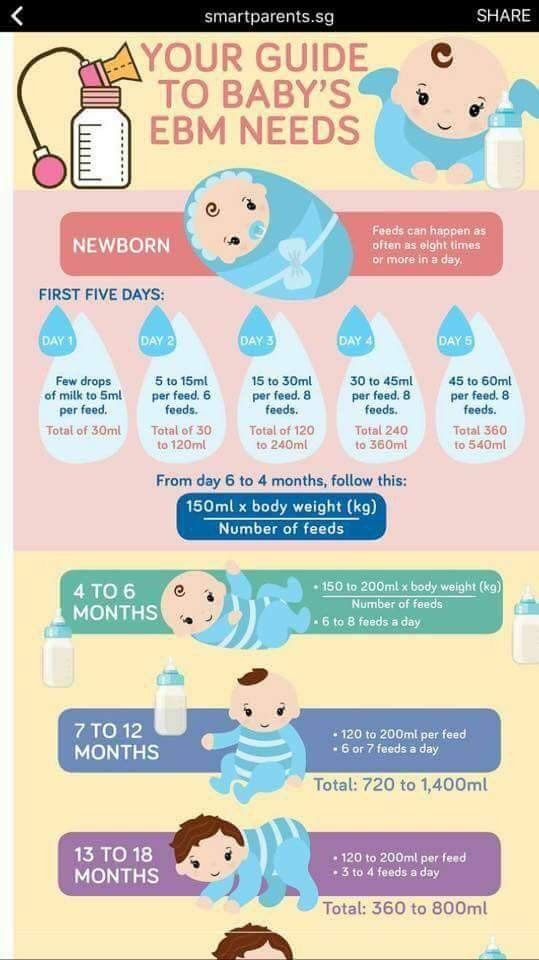 It happens that children eat less than the norm, but at the same time they fulfill their needs, do not lag behind in physical and psycho-emotional development, which means that for these children the norm is less than average.
It happens that children eat less than the norm, but at the same time they fulfill their needs, do not lag behind in physical and psycho-emotional development, which means that for these children the norm is less than average.
The child eats little or rarely, the weight is added poorly - it must be shown to the doctor.
— Is it worth it to force a baby to live according to the regimen at night if he does not wake up and does not ask for food, but has not eaten the daily allowance?
— You need to watch how the child is gaining weight and growing, and monitor his condition, because situations are different.
- The baby eats normally, maintains the usual intervals and just starts to skip night feedings, which means that he has enough food during the day and it is not worth waking him up.
- The baby sleeps soundly until the morning, and during the day he gets off the routine and starts asking for food more often - therefore, he is malnourished, and you need to increase the size of the daily portion in order to maintain the daily norm, or wake the child up for food at night.
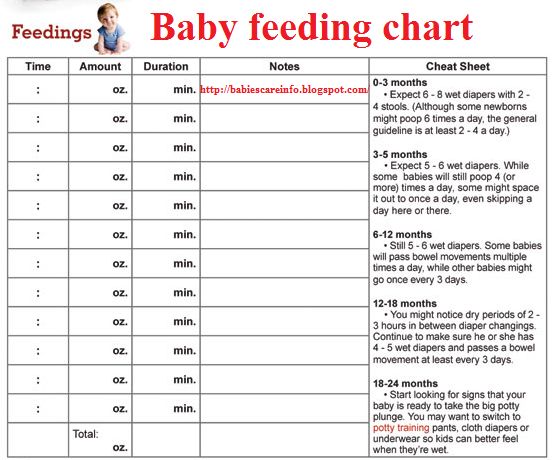 The first option is preferable, but, of course, within the age norm. It is most physiological when children eat less and less at night, and by one year they either sleep until morning or wake up once.
The first option is preferable, but, of course, within the age norm. It is most physiological when children eat less and less at night, and by one year they either sleep until morning or wake up once.
— Can children's health problems arise if the artificial feeding regimen has changed?
- You may run into problems if the diet has shifted very much. But you need to consider the reason for what is happening. When a sick child's appetite decreases, this is an adequate response to poor health, and it is not necessary to force-feed him. After recovery, he will try to compensate for the lack of food in the previous days and begin to eat more actively.
With the new regime, for example, due to the change in time zones, it may be difficult for the child to adapt, but this does not mean at all that he will be worried for a whole month. After one or two days, the regime returns to normal. And, of course, without the need to change the mode is impractical.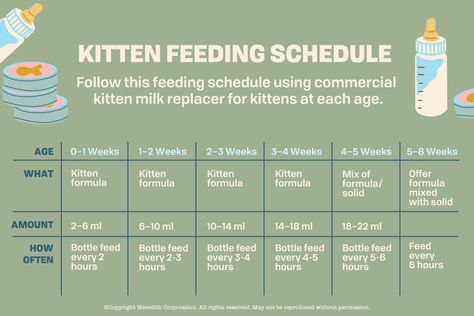
— Polina Alexandrovna, tell us about the main advantages of MAMAKO ® baby food.
- The manufacturer has a fairly wide range of products. Parents can choose food according to the age and needs of their baby. With age-adapted milk formulas, it is easy to maintain an artificial feeding regimen from birth to three years. Porridges, mashed potatoes and cream soups are optimal for complementary foods. What is especially valuable, all these products are made on the basis of goat's milk, which children digest more easily and better than cow's milk and which is considered more suitable for children's nutrition. A child who initially tried the "goat" formula, and then switched to complementary foods with the addition of goat's milk, will have an easier time accepting them.
The composition of the milk formula is maximally adapted to children's needs, but still it is not saturated with absolutely all the components and biologically active substances that are found in women's breast milk.